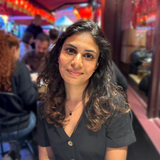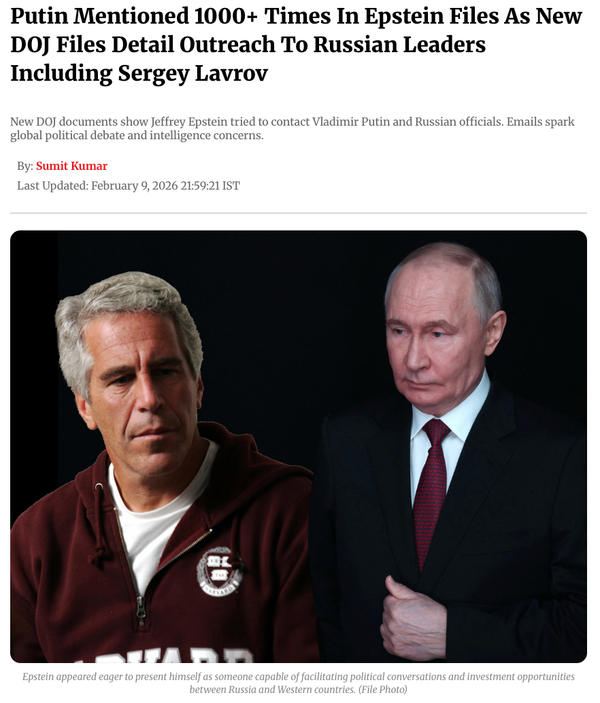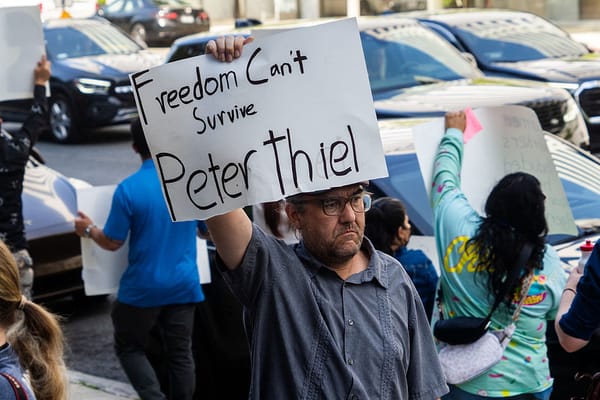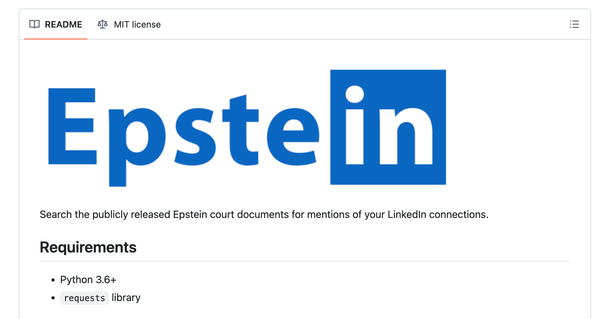Meet the people taking on Big Tech
Europe to United States via Mexico, some incredible efforts that show other futures are possible.

Earlier this week, we organised a webinar along with ooto featuring a brilliant panel of people taking on Big Tech. The resounding message was this: a Big Tech-driven, billionaire-controlled internet is not an inevitability. An alternative internet and social media world is not only possible but within grasp.
The panel consisted of:
- Sherif Elsayed-Ali, who is reimagining social media as an open and decentralised world by building a new ecosystem of apps on Bluesky’s AT Protocol, an alternative to the advertising-driven, extractive and closed social media of Big Tech.
- Nicolás Tapia Correa, a member of Laboratorio de Popular Medios Libres, who far before it was vogue to be anti-Big Tech started to teach people in Latin America to build autonomous technologies.
- And Kyle Taylor, founder of Resistance Hub, who seeks to reimagine communications and data-sharing as civil society comes under threat from Donald Trump’s second presidency.
All these individuals, in their respective contexts, responding to different urgencies, show us a glimpse of the alternatives that are being built and ways resistance can be organised.
The event was moderated by Dr Eleanor Drage who in her own work considers the need to center ethics in the larger discussion on Big Tech.
Catch the full conversation below. We had some brilliant questions from some of you, our audience, that made the discussion even more engaging and valuable.
For those of you hard pressed on time, here are some quick highlights:
Kyle Taylor sets the stage for a discussion. He lays out the current despairing reality in the US, seeing a powerful alliance between state and tech power, where journalists and non-profits are being targeted and there is an assault on history and information. He speaks about the need to preserve records and data, and to be ready to fight back and rebuild when the opportunity presents itself:
“Right after the [2024 US] election, I thought about the need ultimately for there to be probably some form of civil society in exile. And thinking about that in historical context, around when you have the rise of facism or nazism and so forth, you have a government in exile often that emerges. An alternative voice that exists outside the country to be able to function. The democratic party right now in the United States is polling at 27%. Trump is polling at 47%. And I have always seen the power of civil society to be the alternative space and voice in these moments. And I felt very much that what we would need is a Plan B.
Indivisible and others are doing incredible frontline resistance work in the US, but its my feeling that it could reach a point if it has not already where it will become untenable for a number of people who are working to hold this government to account to operate. And that’s what resistance hub, having that Plan B.
So first and foremost, connecting organisations and activists. [Second] protecting individuals and people themselves… [Third] preserve both institutional knowledge and data. And I think this is a really huge one. What happens if the FBI orders a raid of the American Civil Liberties Union and everything that they have stored, all their history of work is gone overnight. We are already seeing that in the federal government. [And finally] a plan to rebuild afterwards….
So if we take it back to how to build an internet free from billionaires, I really believe that we need to maintain how we do that now. Because I think that there is going to be an incredible opportunity to reimagine things like the technology space and the internet among a lot of other things in society when this fascist regime eventually inevitably has its downfall. Because they always eventually end.”
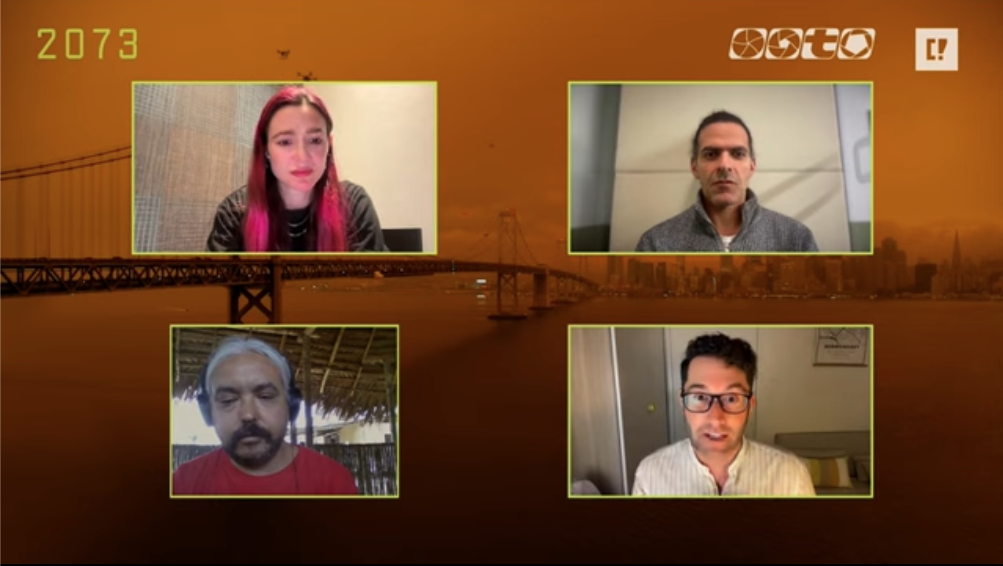
We then hear from Sherif Elsayed-Ali and Nicolás Tapia Correa about tangible, practical solutions to Big Tech’s supremacy.
Elsayed-Ali talks about the need for open, decentralised social media and why he is involved in a Europe-based project, called Free Our Feeds, building exactly that.
“[The reason for Big Tech’s dominance] is that they built the networks in a way that you cannot leave. Of course you can leave, but if you leave you lose out a lot. Essentially this is done by making those networks fully integrated and fully closed… if you leave Facebook you lose your friends and all your connections, 100s, sometimes 1000s of people, people you have no other means of connecting with… And that really is the key to their continued dominance. It is not that they are necessarily the best thing that could be. It's not that other innovations, other networks couldn't be built that are much better for us and much more enjoyable but that we have become a captive audience of these networks…
How do they do this? First, they own the computing infrastructure... But key to it is something called the social graph. Essentially a social graph is the connections that tie you to people. So if you are Facebook, your connection to friends and family. Facebook owns that, not you. It takes thinking about it - you do not own your own relationships with your friends and family. Something is really really wrong about that...
The alternative is things called open networks. These are different ways of making social networks that means that each person owns their connections. They are able to take their identity to different social networks.
What happened a few months ago is Bluesky, which is another social network built on this open infrastructure, did something that hasn’t been done for 15 years. That is to break through [the] network barrier. And today they have over 32 million users which really makes it self-sustaining and it continues to grow.
And that opened up a whole load of possibilities because essentially it’s built on a technology infrastructure that means that anyone can build applications on top of it… But not only that, if Bluesky decides to just do something really bad one day I mean they are a great team today, and fantastic company, but lets say a few years from now things change, and they decide to go a little bit like Elon Musk with Twitter, people would be able to move and take their data, take their connections, take everything not lose anything and go somewhere else. That acts as an alternative for people, but also prevents companies from doing things that are too bad.”
And Nicolás Tapia Correa talks about how the government and Big Tech are allied, not just in the US, but also in Latin America.
Since Big Tech’s social media was not serving the environmental activists in the continent, Nicolas thought activists needed their own infrastructure to be able to securely put their messages out. So he built it.
“[Activists in Latin America] that are fighting mining, protecting the land, they are using social media. They are using video to advocate, to [show] proof of what is happening. And that information, where we are putting the information? We are giving to Big Tech. And they own the information. And they know what [the activists] are doing because that's their business.
So for the community, we started to think, these Big Tech platforms are not secure. So we need to have our own infrastructure, our own servers, so they can [still] connect to the whole internet… The work of human rights defenders is safer.”
We would like facilitate more discussions and bring you more events like this one. But in order to keep them free and accessible to all, we really need your support. Upgrade to a paid membership today.
